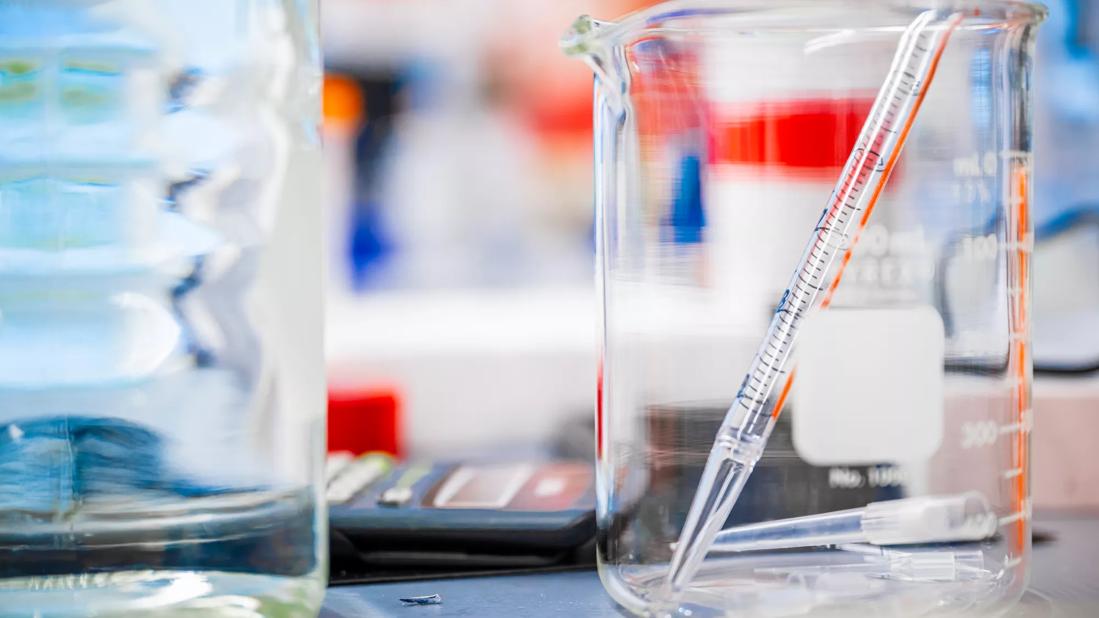Parameters for the collection and management of biospecimens

The Society for Immunotherapy of Cancer Surgery Committee recently issued a consensus statement to guide the optimal collection and management of biospecimens and source material for clinical studies in cancer immunotherapy. Led by Cleveland Clinic’s Brian Gastman, MD, the committee outlined its best practices in a recent publication in the Journal for Immunotherapy of Cancer. The committee included surgical experts from multiple subspecialties across leading academic and community oncology centers in the United States.
Advertisement
Cleveland Clinic is a non-profit academic medical center. Advertising on our site helps support our mission. We do not endorse non-Cleveland Clinic products or services. Policy
“Over the last decade, tumor immunotherapy progress has changed the landscape of treatment for these patients,” says Dr. Gastman, Surgical Director of the Melanoma and High-Risk Skin Cancer Program at Cleveland Clinic Cancer Center. “To continue that progress, we rely on biomarker studies, which require technically precise collection and management of biospecimens. These guidelines are designed to help optimize tissue quality and thus further propel biomarker research.”
The guidelines address tissues by type and area of collection while offering overall parameters to consider prior to, during and after collection. “One of the most important recommendations we make is that surgeons and other interventional specialists are integrated into the planning process as early as possible,” says Dr. Gastman.
The committee also recommends that all institutions establish and train personnel in standard operating procedures for specimen collection, and that they encourage a broad understanding of institutional policies and regulations among caregivers and research staff. Matched and control tissues should be considered at each time point, and consultation with immunology experts allows proper selection of the number of cells and viability status of each sample.
The guidelines state that processing should occur as quickly as possible during collection as a general rule, and that if this is not possible, vacuum sealing, sterile gauze with preservative fluid or icing in a sterile system is recommended. After collection, caregivers should prioritize rapid delivery or shipping with temperature monitoring and icing if processing becomes delayed.
Advertisement
“We also established guidelines for the collection of tumor cells for the production of T lymphocytes, which is becoming a more common process for which we also had no standard guidelines,” notes Dr. Gastman. These guidelines include working with clinical immunotherapy experts to ensure the selection of appropriate patients and lesions, and including the specimen recipient’s availability in procedure planning.
Ultimately, the committee hopes that these guidelines underscore the idea that standardization in tissue collection and processing can better support reproducible studies of antitumor immunity. The comprehensive document also seeks to address challenges related to changes in tissue requirements for advanced proteomic and transcriptional analyses.
“We tried to anticipate as many situations as possible for procurement in clinical trials and cooperative group studies, but the committee also sees this as a living document that will update as the science advances,” says Dr. Gastman. “And we hope establishing these basic protocols will hasten that advancement.”
Advertisement
Advertisement

Early results show strong clinical benefit rates

The shifting role of cell therapy and steroids in the relapsed/refractory setting

Radiation therapy helped shrink hand nodules and improve functionality

Standard of care is linked to better outcomes, but disease recurrence and other risk factors often drive alternative approaches

Phase 1 study demonstrates immune response in three quarters of patients with triple-negative breast cancer

Multidisciplinary teams bring pathological and clinical expertise

Genetic variants exist irrespective of family history or other contributing factors

Study shows significantly reduced risk of mortality and disease complications in patients receiving GLP-1 agonists